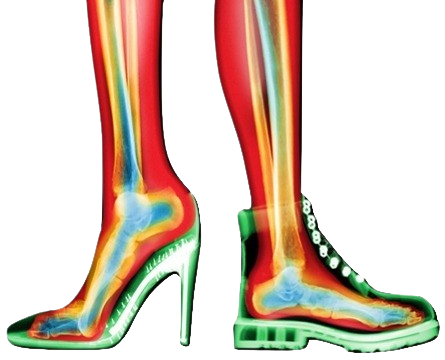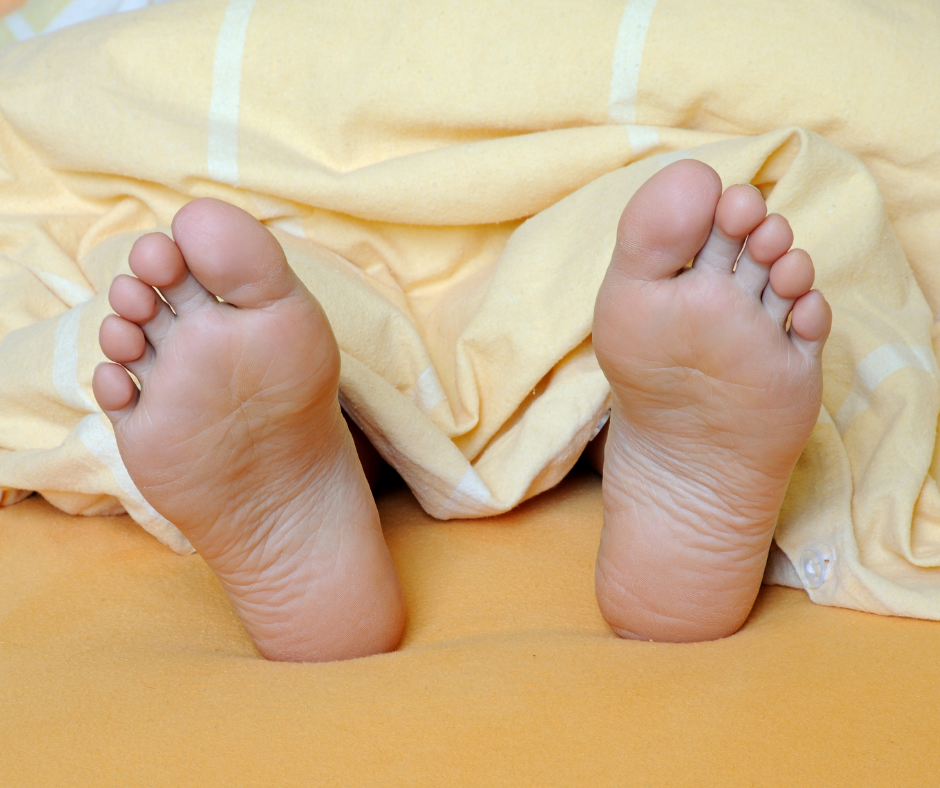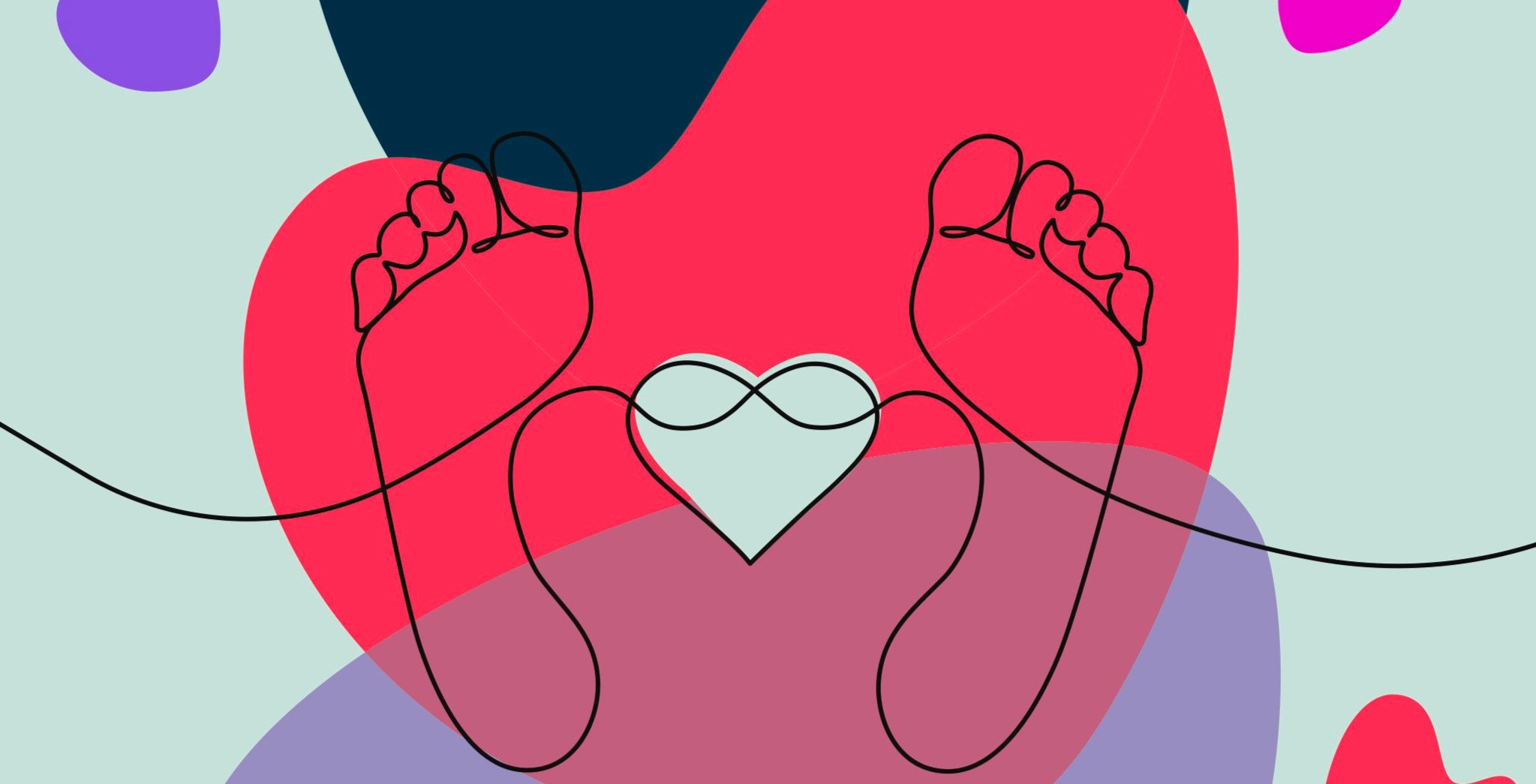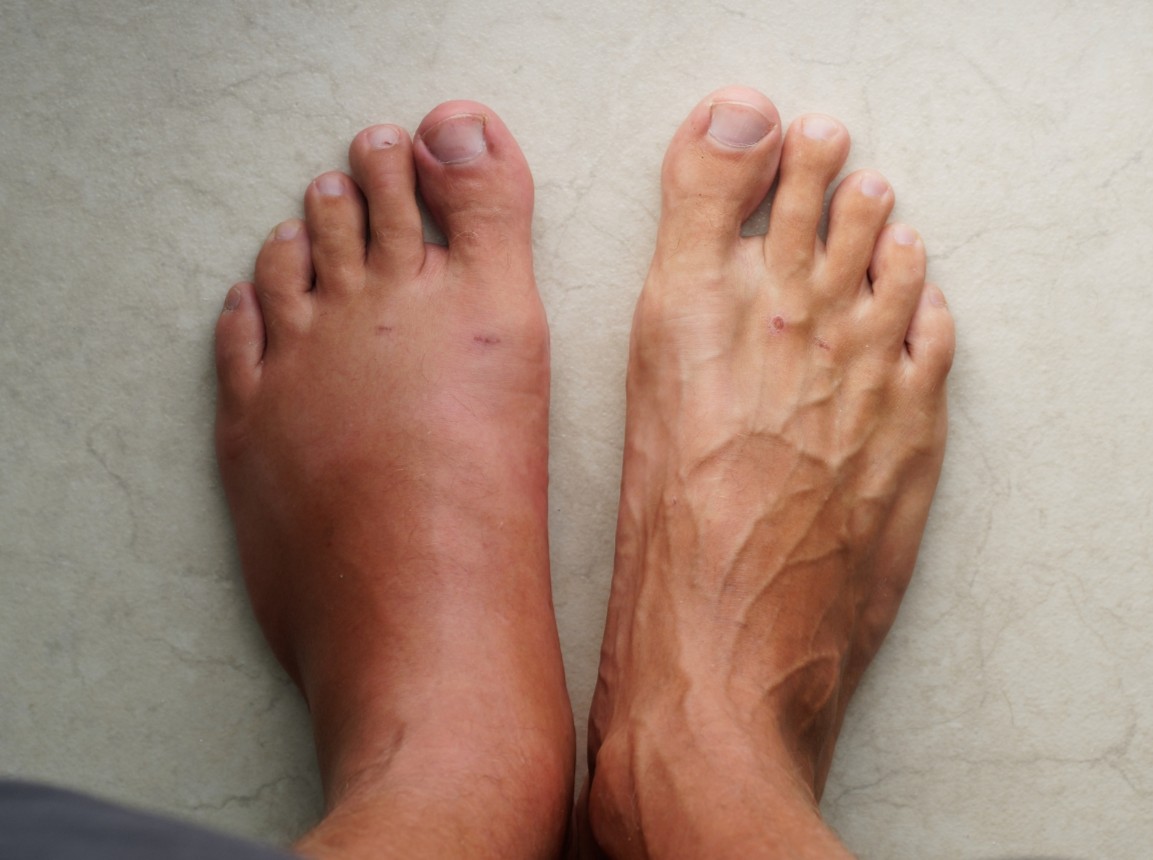Plantar Warts (Verruca)
Plantar Warts (Verrucae)
What are plantar warts and how are they caused?
Plantar warts are small, rough, round growths that are medically known as verrucae and present on the bottom of the foot. They’re caused by a virus called the Human Papilloma Virus (HPV) in the outer skin layer and are often contracted in childhood. Once you’ve contracted the virus, you’ll always have it in your system, so plantar warts may pop up spontaneously throughout your lifetime. The HPV virus is spread through direct contact. If you have a break in the skin, like a small cut or graze, then you may contract the virus through sharing the same surface like a shower or a floor. Immune systems do respond differently and not everyone that comes in contact with the virus will develop plantar warts. Similarly, a weakened immune system may make you more susceptible. Because the virus thrives in warm, moist environments, it is often contracted in changing rooms, at public swimming pools and at gyms.
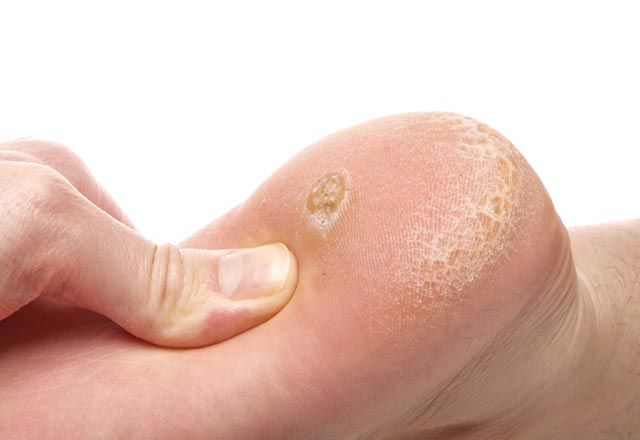
What are the signs and symptoms?
Plantar warts are relatively small and often have a rounded but rough-edged appearance. Other signs include:
- Small black pinpoint dots (blood vessels)
- Bumps over the surface of the warts
- Present singularly on in multiples
- The lines of the skin of the foot go through the wart
- May be covered by callus
- Pain when squeezing the wart from the sides
- Pain or tenderness when walking
Is it a plantar wart or a corn?
The presentation of plantar warts and corns can often be relatively similar, especially where it is covered by callus. Corns also appear on the bottom of the foot and are small, circular and painful, especially on walking. Unlike warts, corns are caused by the body’s response to pressure and have no blood supply. Corns also don’t tend to bleed, whereas verrucae do. Corns are not contagious, and will not return if the cause of the pressure is removed. Corns are also more painful when pushing down on them, whereas verrucae illicit more pain when squeezed from the sides.
How are plantar warts treated?
Because plantar warts are a virus, they can be difficult to treat and can recur spontaneously. Your podiatrist will be able to advise you on the best treatment option for you based on your symptoms and medical history. Treatments can include:
- Topical chemicals and medications such as salicylic acid
- Silver nitrate
- Dry needling
- Occlusion therapy
- Cryotherapy, or freezing the warts off
- Heat therapy, or burning the warts off
- Surgery to remove the wart
What can you do?
We recommend against using at-home pads for warts because the acid typically used is not localised to the exact location of the wart and you risk damaging the healthy skin surrounding the wart. If you have a plantar wart:
- Do not pick at your plantar wart
- Never try to cut it out or burn it off yourself
- When you pare your wart down, dispose of the dead skin carefully
- Keep your feet clean and dry, and change your socks daily
- Do not share your shoes or socks with anyone else
- When paring or filing down warts, take care not to damage the surrounding skin, as doing so might result in the warts spreading
- Use special pads to relieve pressure on plantar warts
- Do not go barefoot in public places, and cover current warts with waterproof plasters or rubber ‘verruca socks’ if you go swimming
